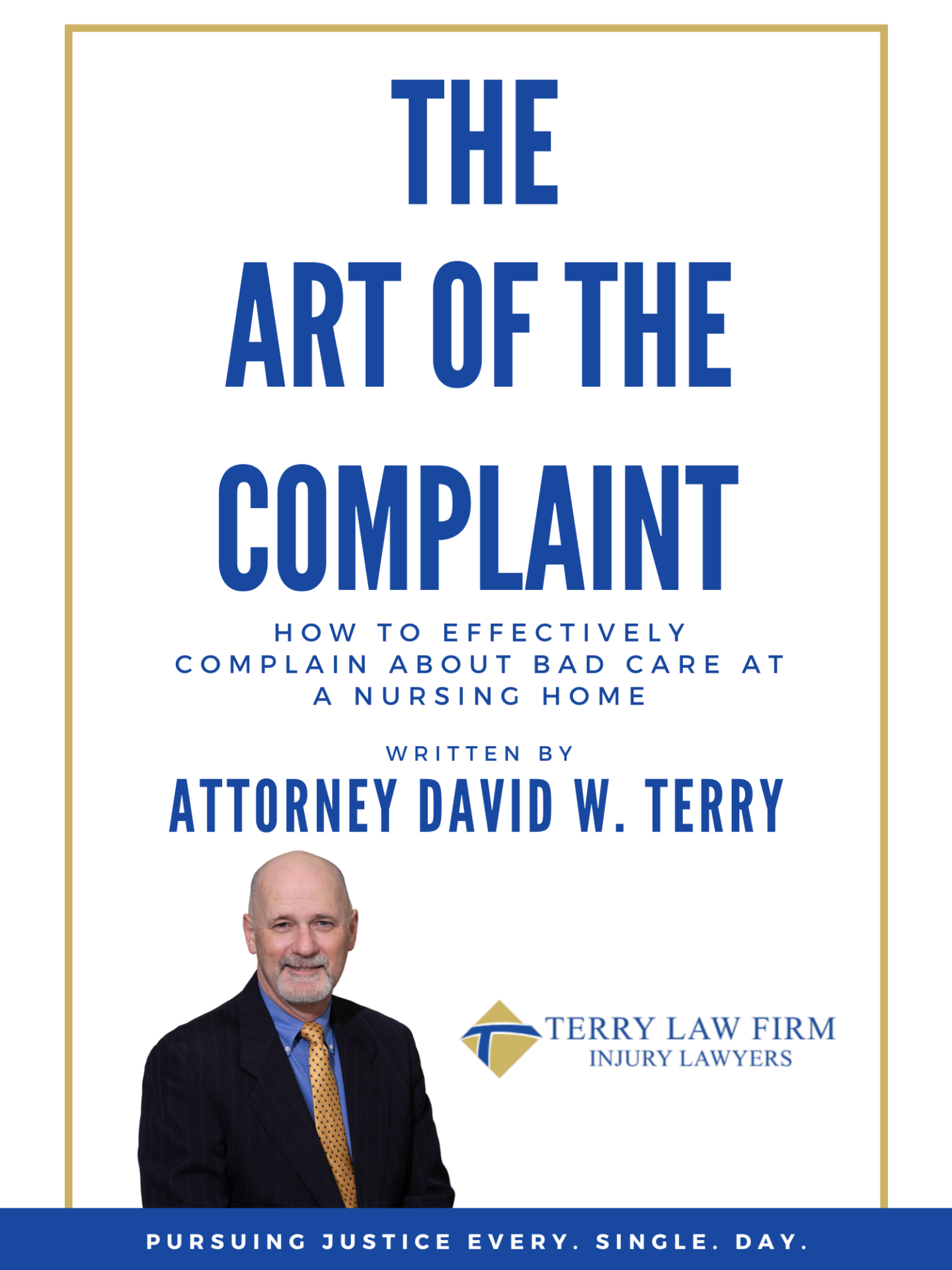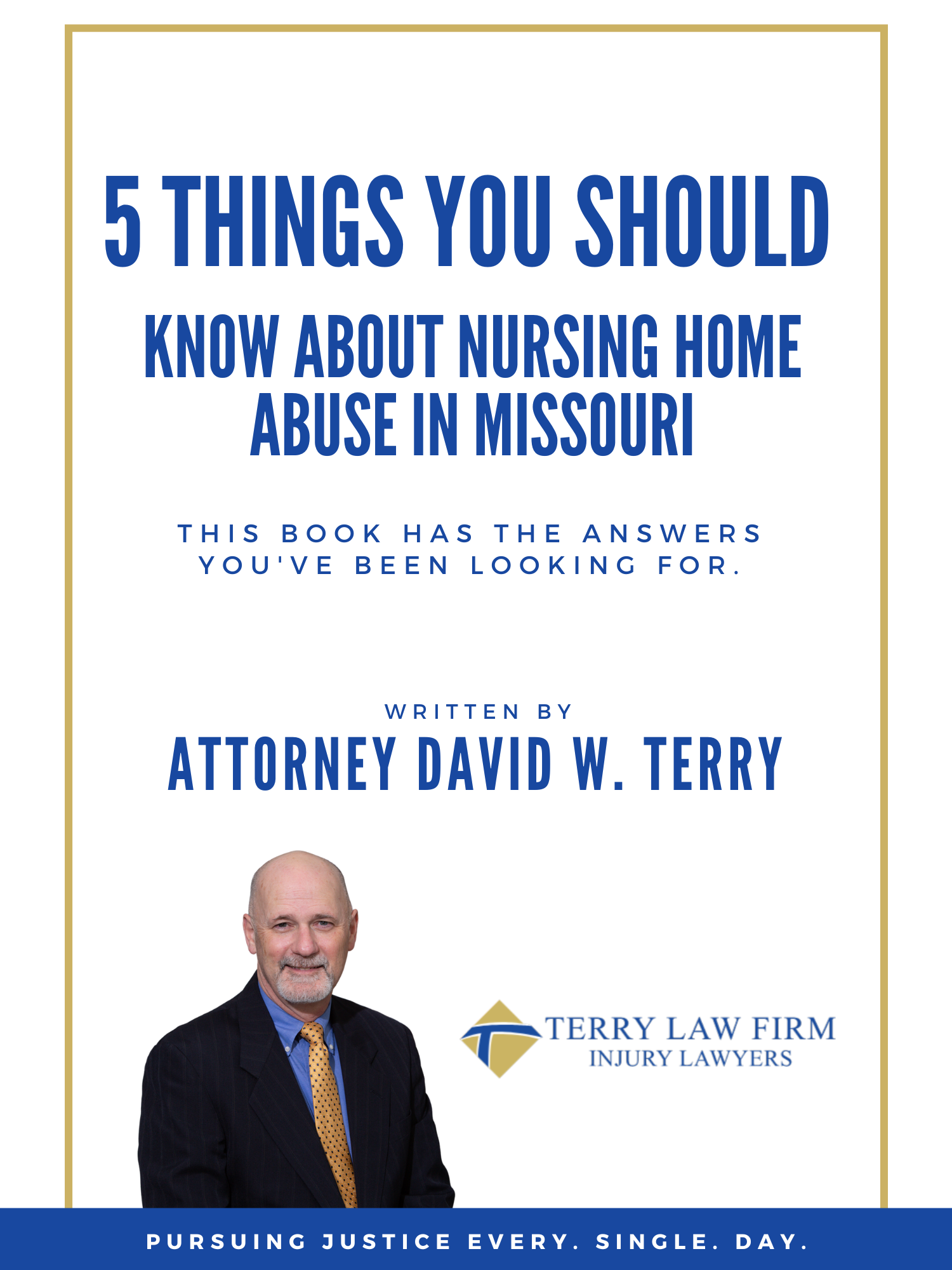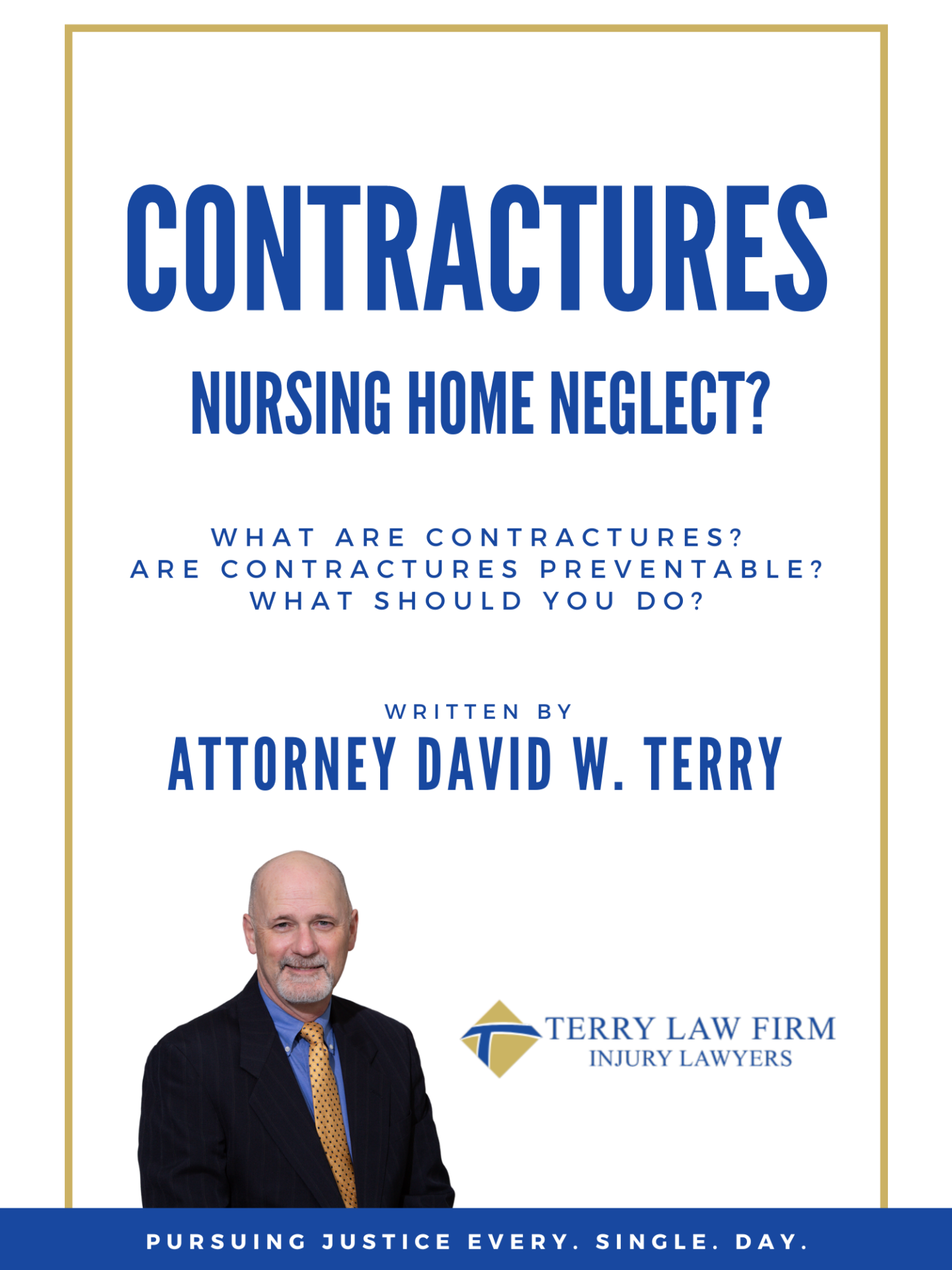Client Testimonial

I want to express my heartfelt gratitude for your services. I want to thank you and your entire law firm for all of your hard work throughout my father’s case. I can’t thank you enough for the amazing legal service you gave me. You always answered my emails and phone calls. You would always reassure me that we would get through this difficult time together. I am forever grateful for your professional services and legal advice.
-N.P.
Case Results
Our reputation is due in part to our successful track record of recovery. Our nursing home neglect and abuse attorneys have obtained millions of dollars in compensation for individuals and family members who have suffered abuse, neglect, and death at the hands of the nursing home industry. Most of our cases have confidential settlements, but here is a good representation of our past cases.
-
$2.3 Million
Nursing Home Resident Wrongful Death
READ MORE
-
$2.025 Million
Wrongful death of nursing home resident
READ MORE
-
$800,000
Wrongful Death Case
READ MORE
My Promise to You.

I hate it when people don’t return phone calls. Terry Law Firm’s promise is that if you leave a detailed message we will return your phone call as soon as possible.
– David Terry
Frequently Asked Questions
Our reputation is due in part to our successful track record of recovery. Our nursing home neglect and abuse attorneys have obtained millions of dollars in case results for individuals and family members dealing with the effects of a serious catastrophic personal injury or the loss of a loved one.
-
Nursing Home Violated my Rights, now what?
Every nursing home bears the huge responsibility of caring for its residents. Nursing homes are mandated by law to “meet the Resident’s needs” this includes medical care, personal care, proper nutrition, proper medication, etc. Unfortunately,…
Read Answer
-
What can I do to protect my loved one in a nursing home?
The best thing that you can do to help prevent nursing home abuse and neglect is to be actively engaged in your loved one’s care. If possible, visit frequently and watch for the following signs:…
Read Answer
-
Filing a Lawsuit Against a Nursing Home? Know your Rights.
Nursing home residents have the right to be free from abuse and neglect. When filing a lawsuit against a nursing home when abuse or neglect has happened residents are entitled to: Compensation for pain and…
Read Answer
-
Nursing Home Abuse & Neglect: What Warning Signs You Should Look For
As a family member, you should be on constant alert for signs that your loved one is not being treated properly in their nursing home. Nursing Home abuse and neglect can come in many different…
Read Answer
-
How can I choose a safe nursing home?
Bad things can happen at highly rated nursing homes, so while your odds may improve by placing a loved one in a highly rated nursing home, you still need to be wary of what is…
Read Answer
-
What are the causes of nursing home abuse and neglect?
There are multiple ways residents are injured in nursing homes, but if you look for the “why”, it usually boils down to one thing….a staff that is either insufficiently trained or insufficient in number; or…
Read Answer
Our Books
Below are some resources that can provide you with more information about nursing home abuse and neglect cases in Missouri and Illinois.
-

The Art of the Complaint: How to Effectively Complain about BAD CARE at a Nursing Home
-

5 Things You Must Know About Nursing Home Abuse and Neglect in Missouri
-

3 Key Factors in Preventing Bed Sores
-

Contractures: Nursing Home Neglect?

